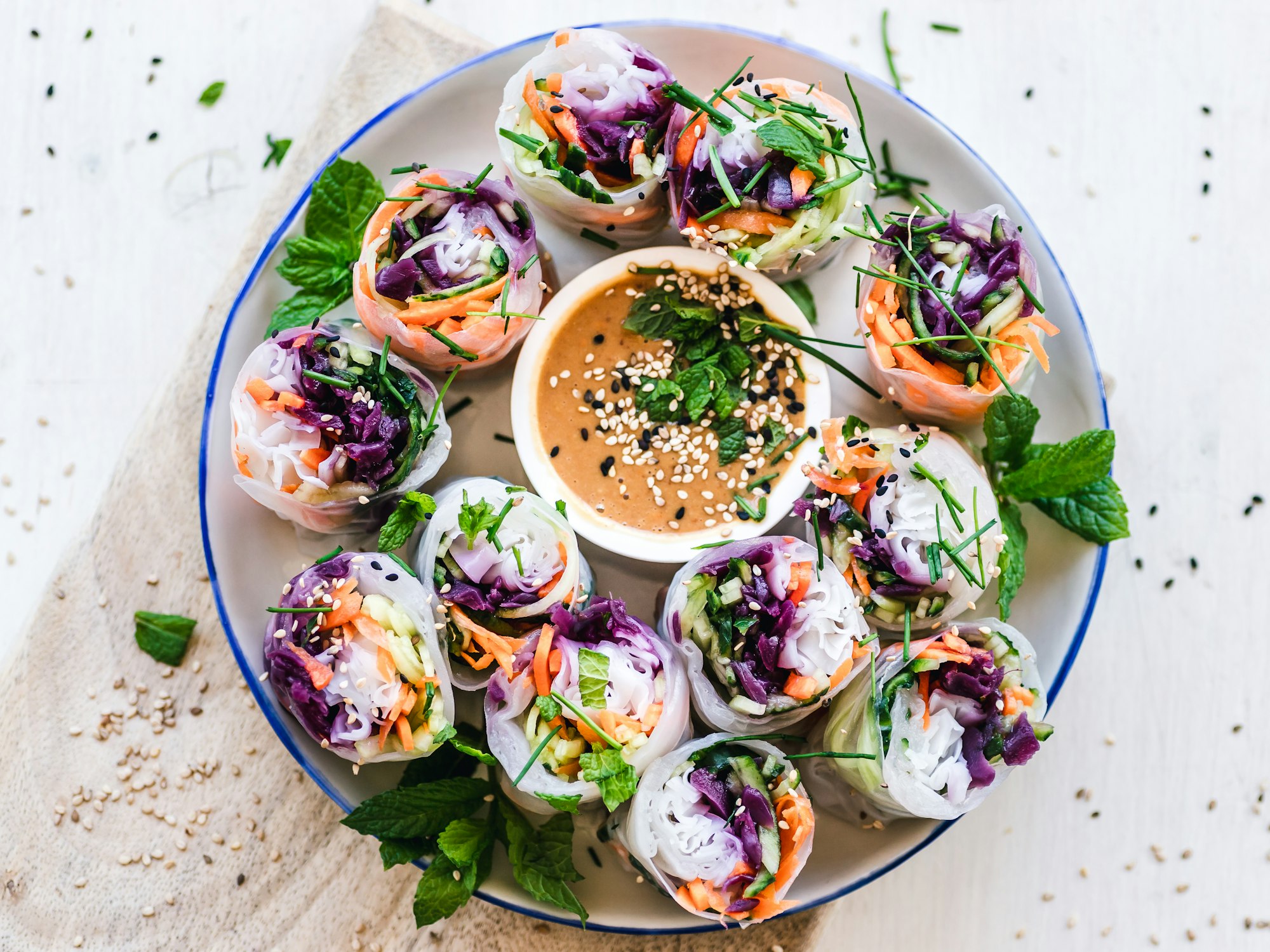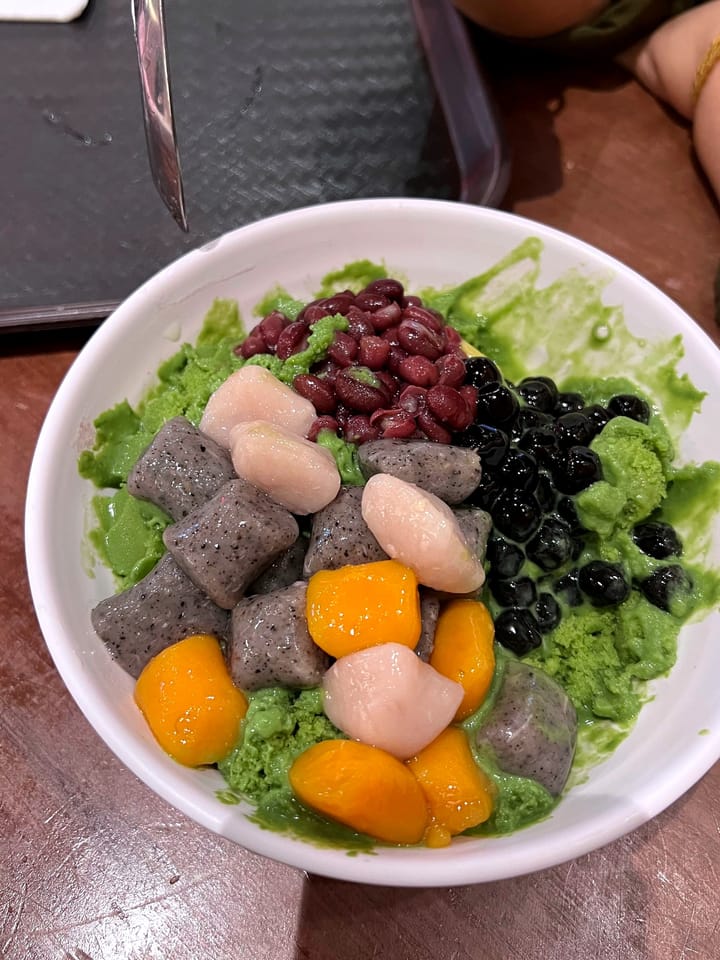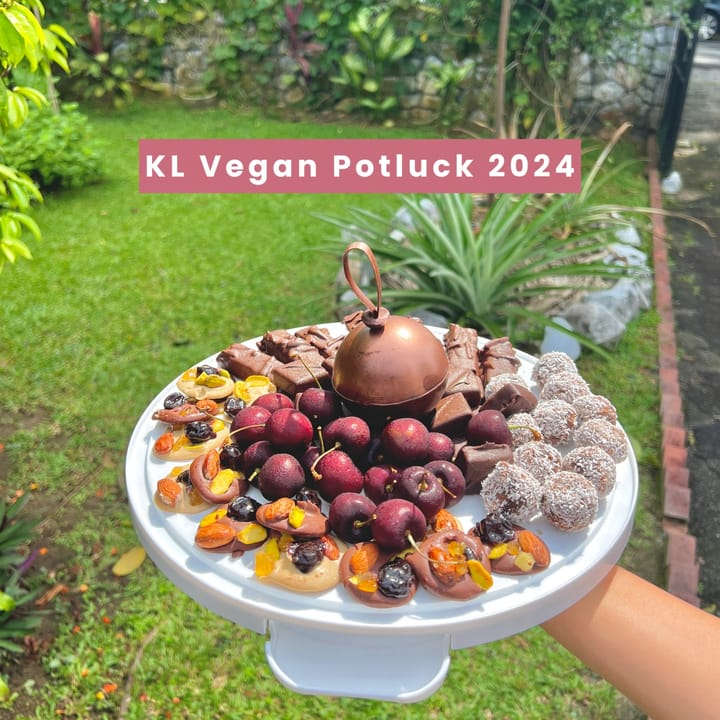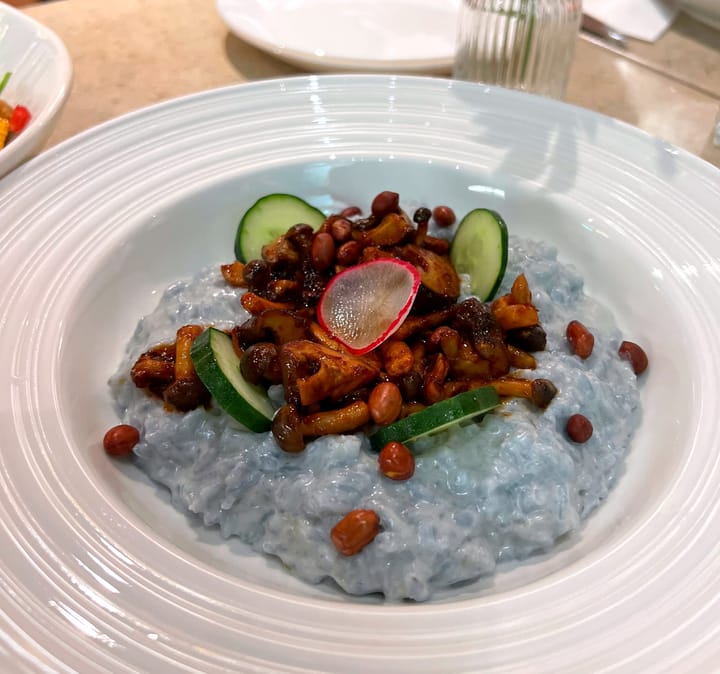Vegan vs Plant-Based: What's The Difference?

Veganism used to be a thing that only white people knew about. Even though it has been practised for centuries, the term was only coined in 1944 by a Briton named Donald Watson. In Asia, people understand the term vegetarianism better as it’s been a part of religious beliefs. Now in the 21st century, people around the world are aware of veganism as well as the terms “plant-based” and “plant-rich”.
So what do these similar-sounding terms mean?
What is Vegan?
Veganism is a lifestyle that excludes all forms of animal exploitation.
This includes not eating meat, dairy and eggs, as well as not wearing clothes made of fur and leather.
It’s often associated with the vegan diet, which is certainly part of veganism.
But the diet itself isn’t veganism, unlike vegetarianism whereby the term refers solely to the diet.
That’s the main difference between vegan and vegetarian.
What is Plant-Based?
When someone says something is plant-based, they’re usually referring to food.
In some cases, companies might refer to their products as plant-based. But they often use it in marketing as the term plant-based is not an official label on food products.
The Physicians Committee for Responsible Medicine defines a plant-based diet as consisting of “exclusively plant foods, including fruit, vegetables, grains, and legumes, and avoids meat, dairy, and eggs”.
Some people think that the plant-based diet “encompasses a wide range of dietary patterns that contain lower amounts of animal products and higher amounts of plant products such as vegetables, fruits, whole grains, legumes, nuts, and seeds”.
The Google dictionary by Oxford Languages describes plant-based (adj.) as:
(of food or a diet) consisting largely or solely of vegetables, grains, pulses, or other foods derived from plants, rather than animal products.
So we can surmise that plant-based mainly refers to food or diet and that it consists largely or solely of vegetables.
How Should Companies Use The Term Plant-Based?
I don’t mind if a person describes their diet as plant-based but they eat a little bit of meat from time to time. They acknowledge that it’s not a vegan diet and value a healthy diet consisting mainly of vegetables most of the time.
However, I do not appreciate it when a food company uses “plant-based” to describe their products that contain animal parts including eggs and milk.
The term plant-based food should be universally understood to contain ingredients made of only plants. This is because food is more concrete than a diet. And if the food contains a bit of animal meat in it, then it’s a mixture of plant- and animal-based food. It’s not just plant-based.
So if a company wants to use the term “plant-based” in their marketing campaign, make sure that the products are essentially vegan.
Plant-Based or Plant-Rich Diet?
To avoid confusion, some people may use the term plant-rich instead. This is someone who consumes primarily vegetables in their day-to-day but eats meat, eggs or other animal parts from time to time.
A plant-rich diet is one that includes an abundance of plant foods. The term doesn’t denote that it excludes other types of food.

Vegan or Plant-Based?
As a vegan, I use these two terms interchangeably.
If I’m referring to my diet, I’d often use the word plant-based.
But I don’t shy away from the word vegan either. I use it in another context instead, especially when referring to a type of food.
As for meatless food products, I’d prefer it if companies make it clear if it’s vegan or vegetarian.
And if it contains meat, just don’t bother using any of the terms—even if 90% of the ingredients are plant-based.




Comments ()